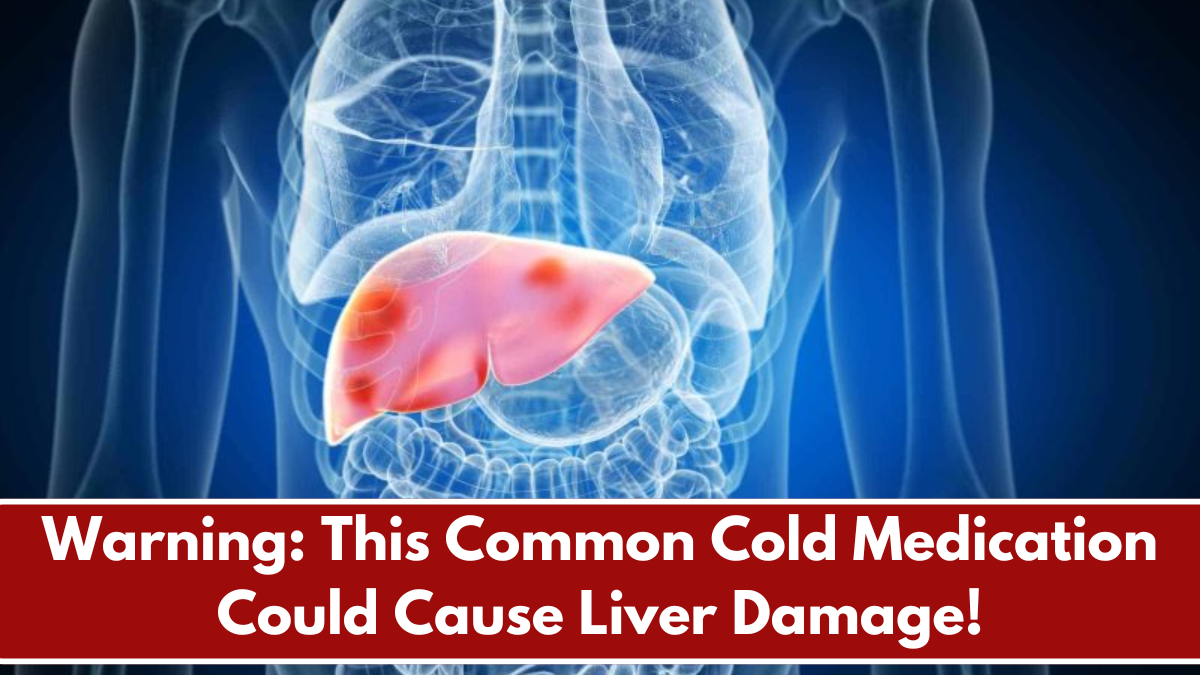Forget Everything You Know About Cholesterol – Doctors Reveal the Truth
For decades, we’ve been told that cholesterol is the enemy—a major cause…
The ‘Silent Killer’ Disease Affecting Millions – Are You Next?
There’s a dangerous disease affecting millions of people worldwide, yet most don’t…
The Dangerous Side Effect of Sleep Deprivation No One Talks About!
Sleep is one of the most critical factors for maintaining overall health,…
You Eat This Every Day – And It Might Be Making You Sick!
Most of us assume that if a food is available in grocery…
What’s REALLY in Your Tap Water? The Answer Will Shock You!
Water is essential for life, but do you really know what’s coming…
Warning: This Common Cold Medication Could Cause Liver Damage!
Every year, millions of people turn to over-the-counter (OTC) cold and flu…
Doctors Say This Popular Prescription Drug Is Causing More Harm Than Good
Millions of people around the world rely on prescription medications to manage…
The One-Minute Trick to Reduce Anxiety Instantly
Anxiety is a silent epidemic affecting millions of people worldwide. Whether it’s…
Stress Might Be Making You Fat – Here’s the Science Behind It!
Have you ever felt like no matter how much you exercise or…
Is Social Media Destroying Your Brain? Here’s What Experts Say!
In today’s digital world, social media has become an essential part of…









